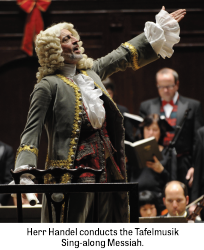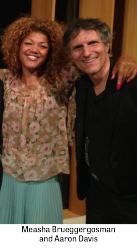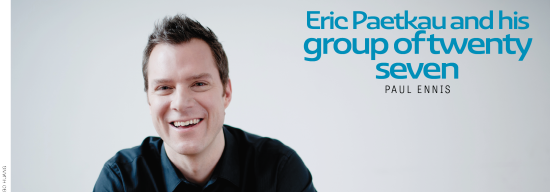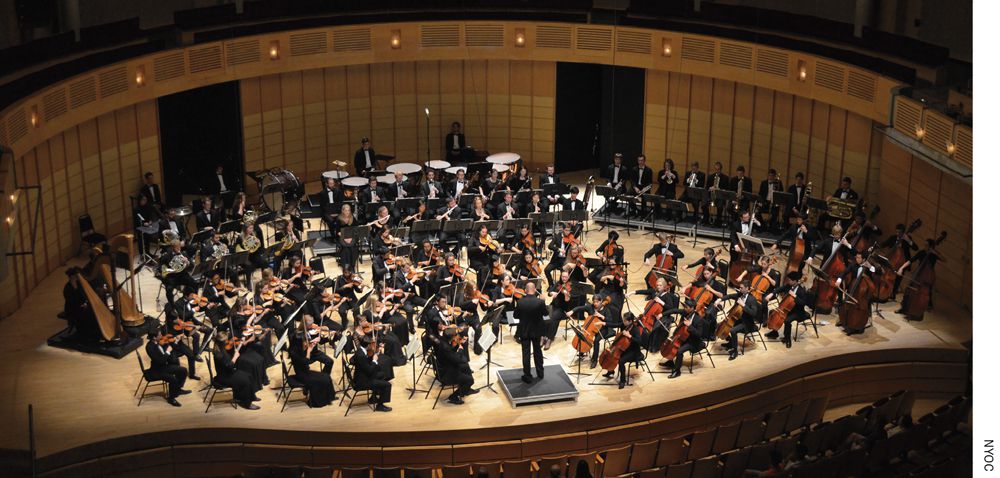Your Survival Guide to the Season’s Messiahs
 When it comes to our December issue, no topic it seems has the power to set the pigeon among the cats more effectively than the perennial popularity of Handel’s Messiah. Our choral columnist Ben Stein simply states that he is going to assume that the readers of this column need no urging from him to find a Messiah performance (and then goes on to talk about an admittedly interesting array of other choral events over the holidays and beyond. Our early music columnist Dave Podgorski is slightly less categorical proffering that from his vantage point, Tafelmusik’s sing-along Messiah and Aradia’s Dublin Messiah are the only two Messiahs in Toronto he thinks you need to see. (And like Stein goes on to talk about an equally interesting array of other musical options.) Even CD reviewer Hans De Groot, after singing the praises of a new CD of Messiah from the Boston Handel and Haydn Society (liberally laced with Canadian vocal and instrumental talent, I might add) feels it necessary to add the remark that when asked to review the recording, his first thought was: Another Messiah – who needs it? (Before going on to say that in this case, he couldn’t have been more wrong.)
When it comes to our December issue, no topic it seems has the power to set the pigeon among the cats more effectively than the perennial popularity of Handel’s Messiah. Our choral columnist Ben Stein simply states that he is going to assume that the readers of this column need no urging from him to find a Messiah performance (and then goes on to talk about an admittedly interesting array of other choral events over the holidays and beyond. Our early music columnist Dave Podgorski is slightly less categorical proffering that from his vantage point, Tafelmusik’s sing-along Messiah and Aradia’s Dublin Messiah are the only two Messiahs in Toronto he thinks you need to see. (And like Stein goes on to talk about an equally interesting array of other musical options.) Even CD reviewer Hans De Groot, after singing the praises of a new CD of Messiah from the Boston Handel and Haydn Society (liberally laced with Canadian vocal and instrumental talent, I might add) feels it necessary to add the remark that when asked to review the recording, his first thought was: Another Messiah – who needs it? (Before going on to say that in this case, he couldn’t have been more wrong.)
Our experts notwithstanding, there’s something about Herr Handel’s 24-day opus that continues to captivate, year after year. This year we have scoured the listings and come up with 32 performances by 20 organizations. Five period-instrument groups account for ten performances. Nine modern instrument organizations offer a further 14. Two organizations serve up four performances accompanied by organ. And a further four give single performances that include excerpts from the work.




 If you find yourself in a music school or studio in the coming months and hear through the walls of a practice room snippets of Holst’s The Planets or of Strauss’ infamous Dance of the Seven Veils, chances are that if the musician inside is under 30 years of age, they have their mind set on summer. Not because they are yearning for long days and sunny weather alone, but because the National Youth Orchestra of Canada is as usual well under way with planning its program for the summer ahead, and the application process for participants has commenced.
If you find yourself in a music school or studio in the coming months and hear through the walls of a practice room snippets of Holst’s The Planets or of Strauss’ infamous Dance of the Seven Veils, chances are that if the musician inside is under 30 years of age, they have their mind set on summer. Not because they are yearning for long days and sunny weather alone, but because the National Youth Orchestra of Canada is as usual well under way with planning its program for the summer ahead, and the application process for participants has commenced.